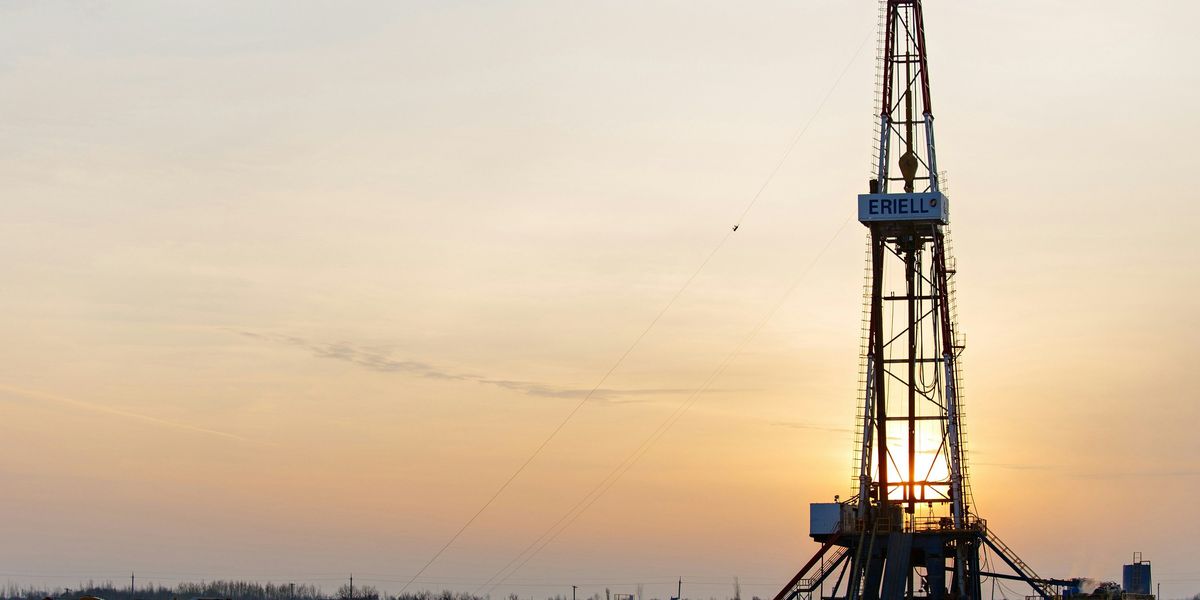
Indonesia’s military crackdown on forest use raises fears of human rights abuses
Indonesia’s government is deploying the military to curb illegal forest activities, a move critics say could criminalize Indigenous communities while shielding corporations that exploit forests.
Hans Nicholas Jong reports for Mongabay.
In short:
- A new regulation from President Prabowo Subianto allows the military to lead efforts against illegal activities in forests, including palm oil plantations, but activists warn this could disproportionately target Indigenous and local communities.
- Corruption remains a major issue, with large corporations often avoiding penalties through political connections while small farmers face harsh enforcement.
- The military’s increasing role in environmental governance signals a return to authoritarian-era policies, raising concerns about democracy, land rights and human rights violations.
Key quote:
"Judging from the long history of this country, it is easier to regulate, evict and seize people’s land than to reclaim forests and lands that have been illegally or legally but illegitimately controlled by corporations."
— Uli Arta Siagian, forests and plantations lead at the NGO Indonesian Forum for the Environment (Walhi)
Why this matters:
Indonesia’s forests are among the most biodiverse in the world, but deforestation driven by palm oil, mining and other industries has led to significant environmental damage. Militarizing forest governance risks further marginalizing Indigenous communities, many of whom have protected these lands for generations. Without clear legal protections, they may face forced evictions while corporations benefit from leniency.
Learn more: Global biomass demand drives deforestation in Indonesian forests














